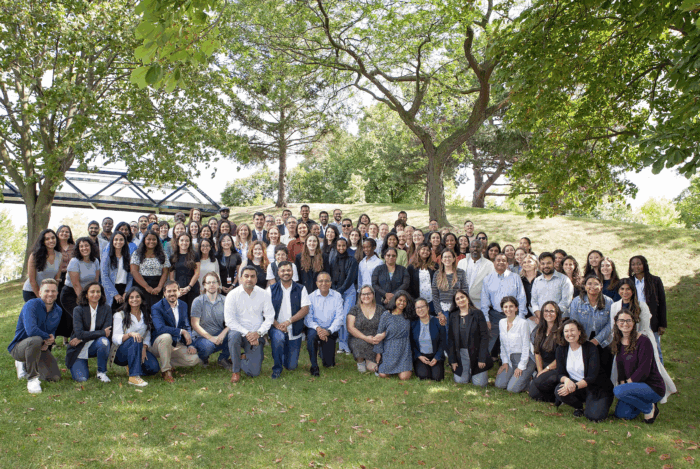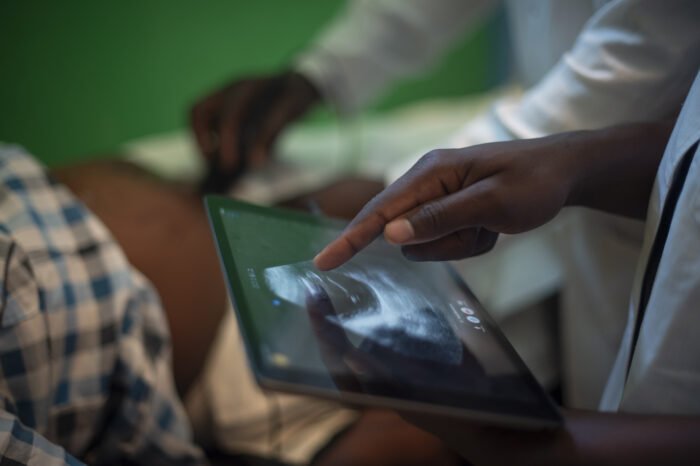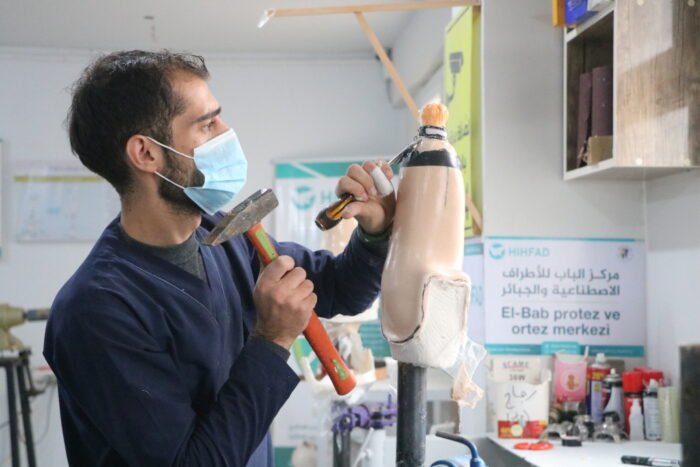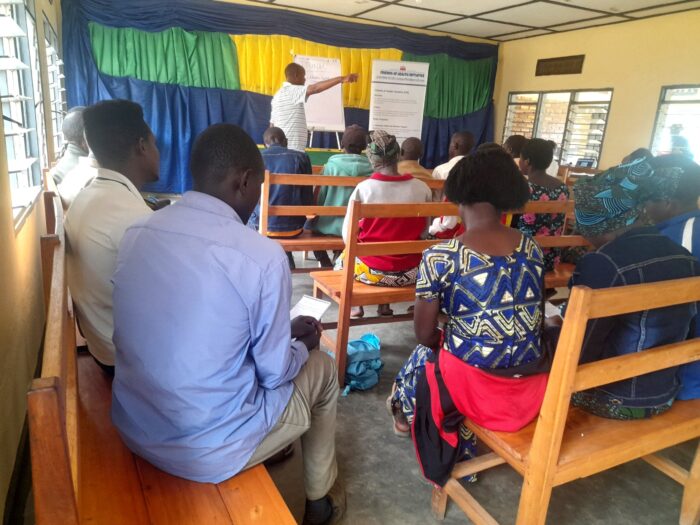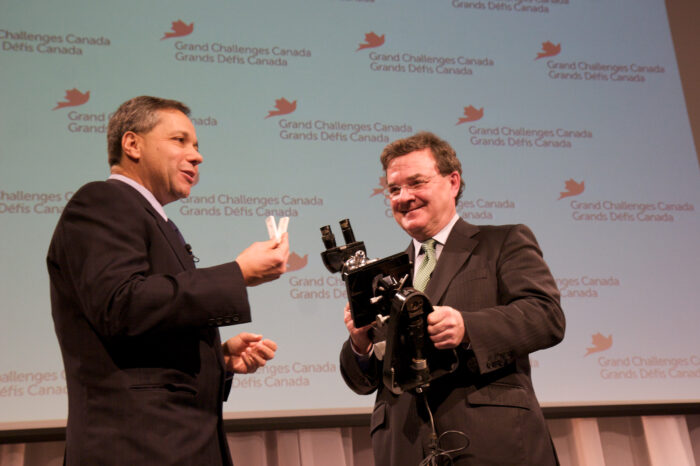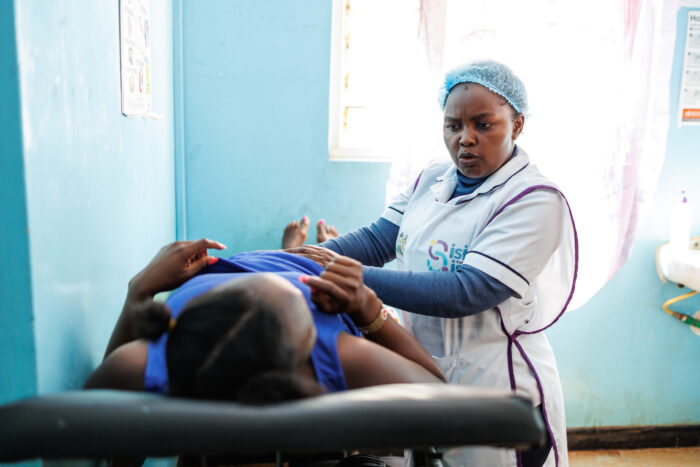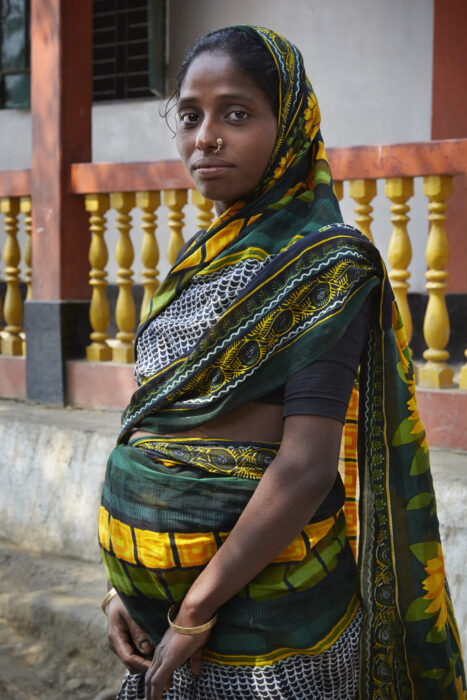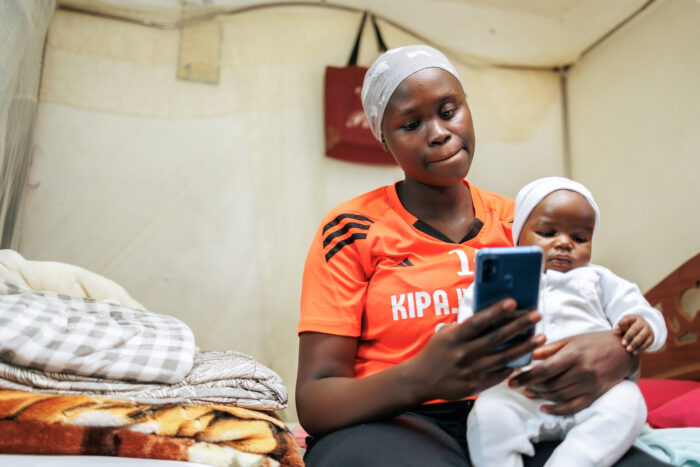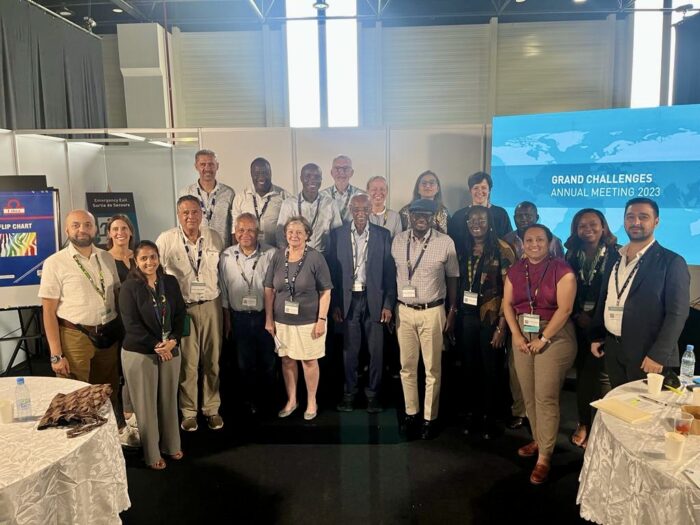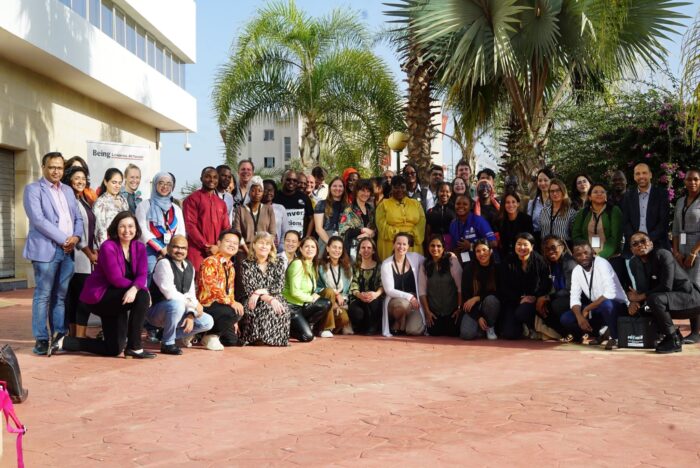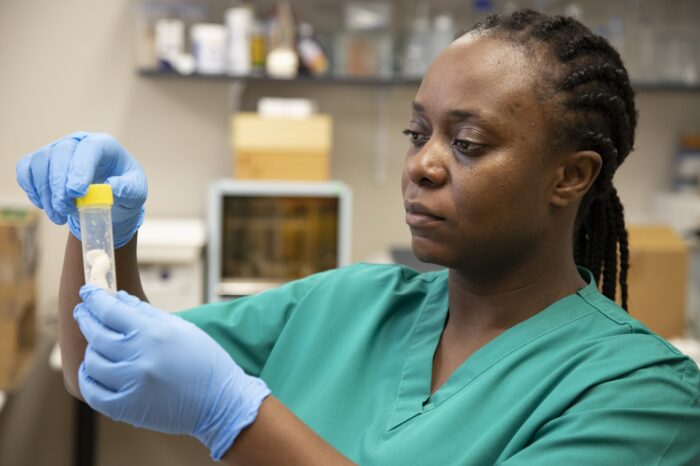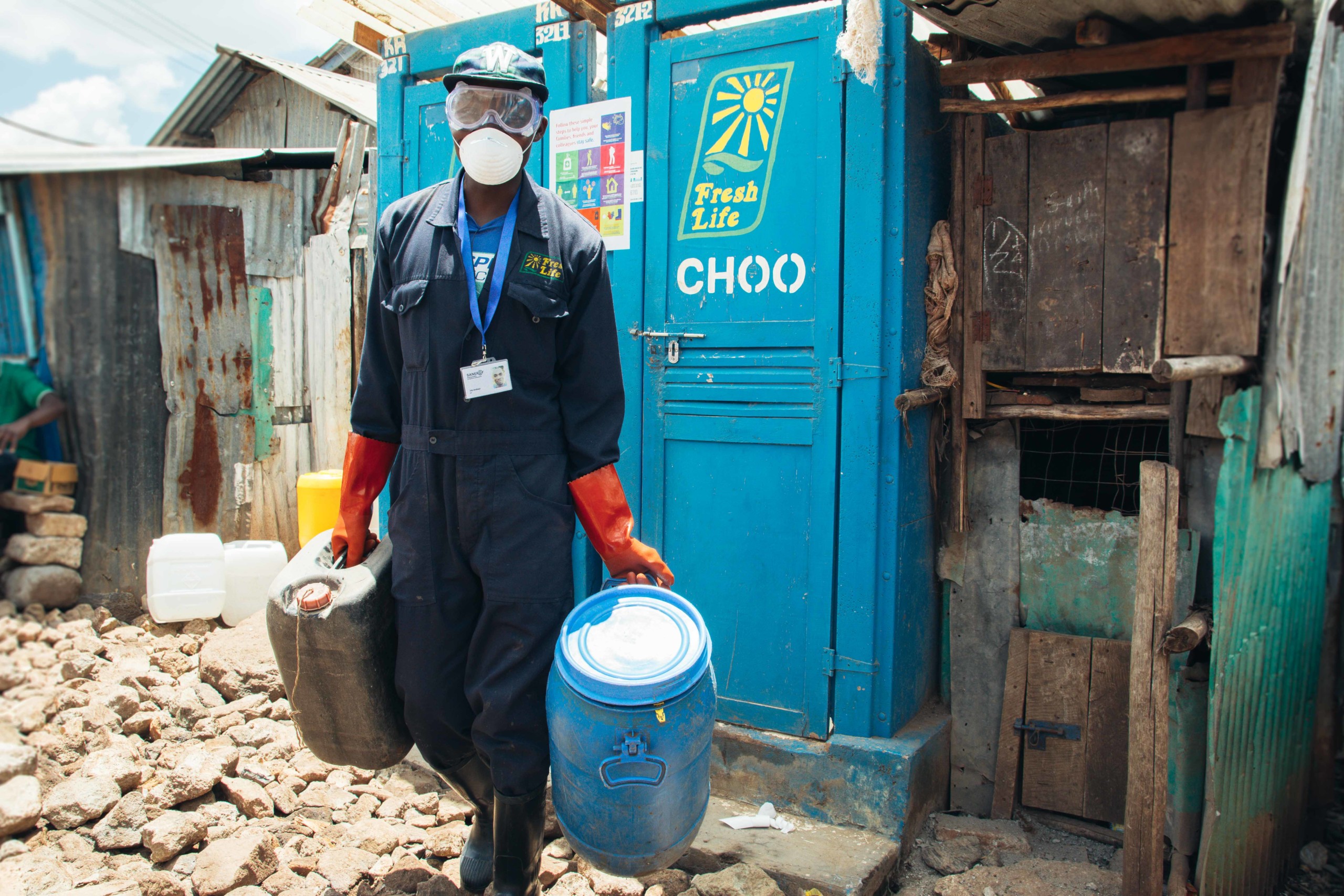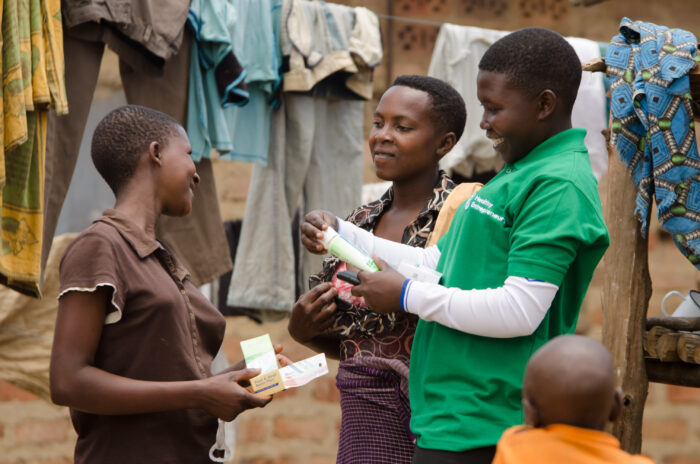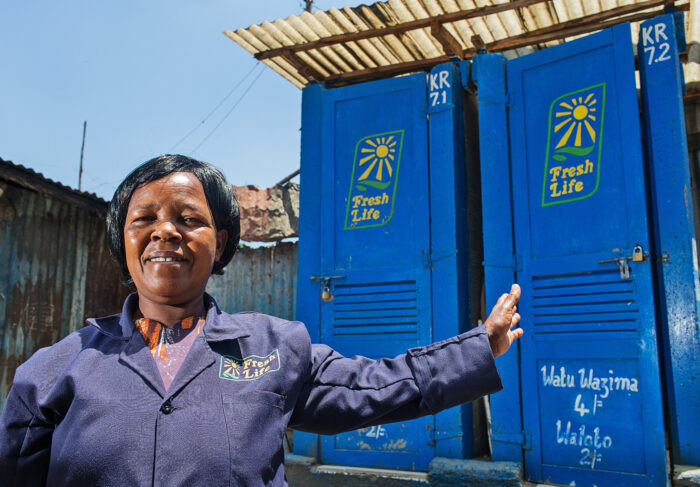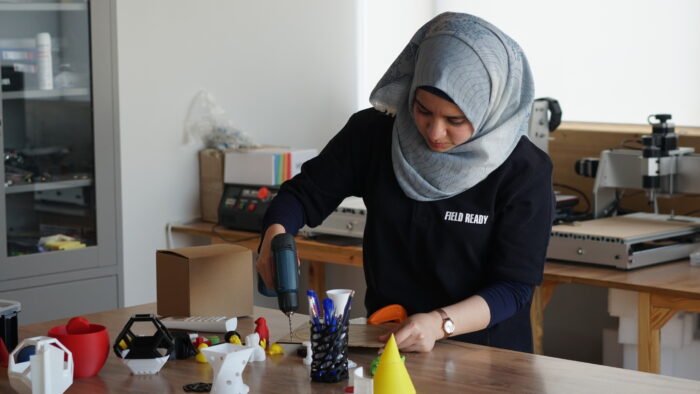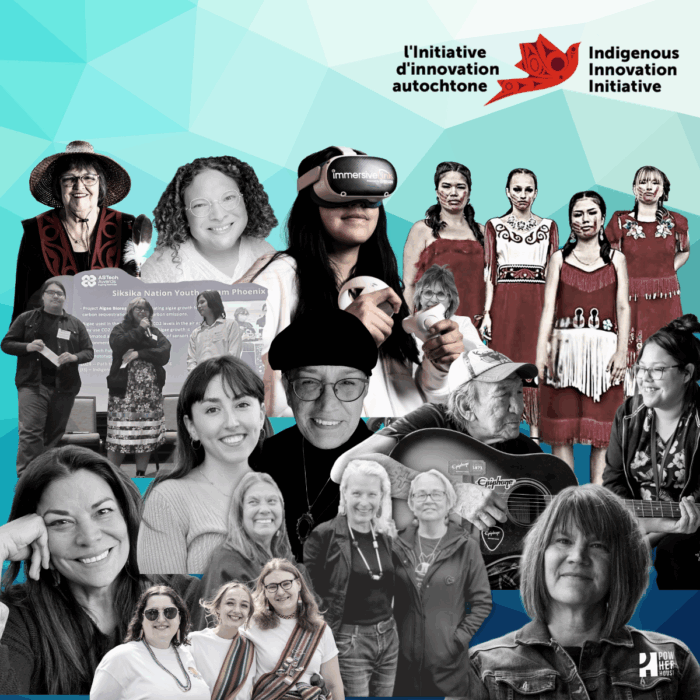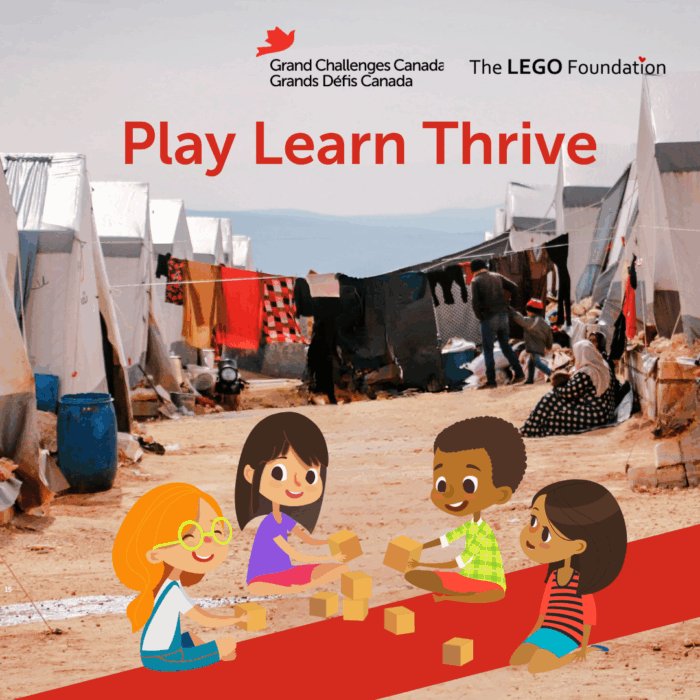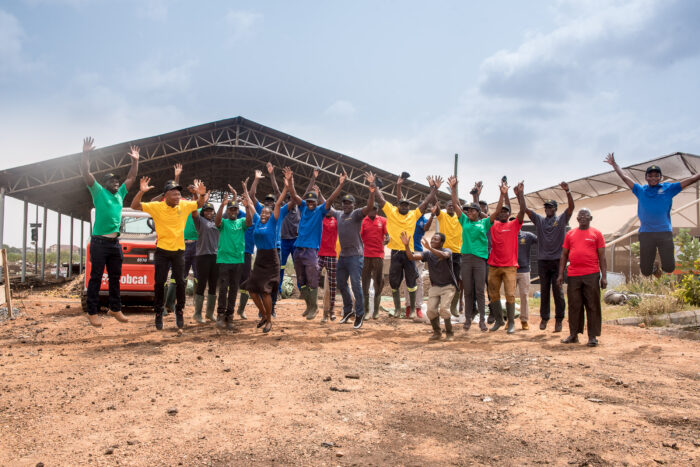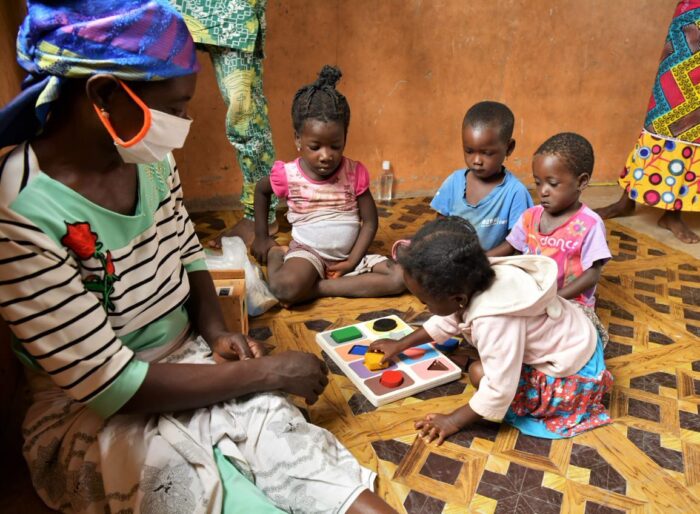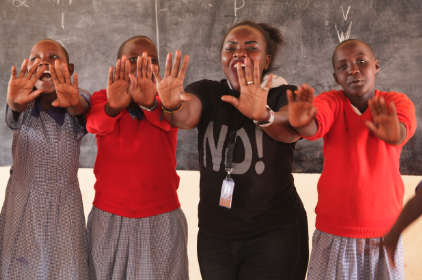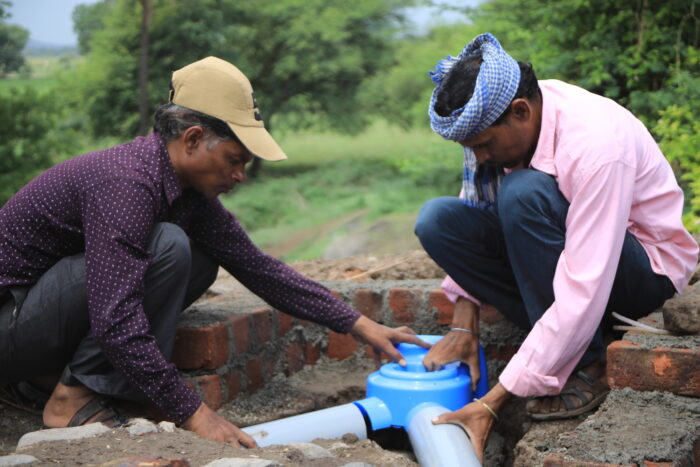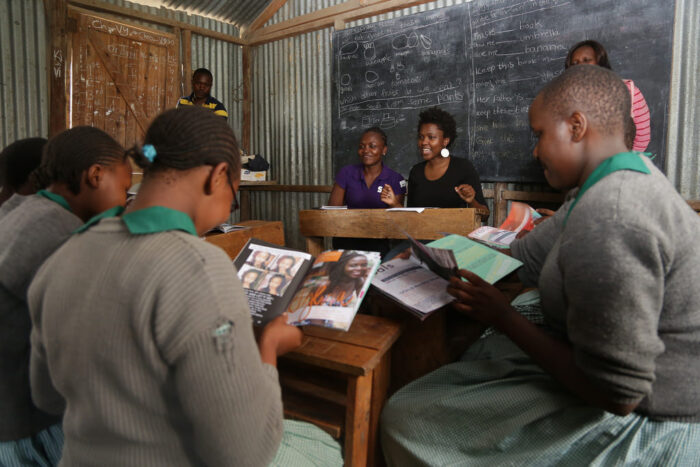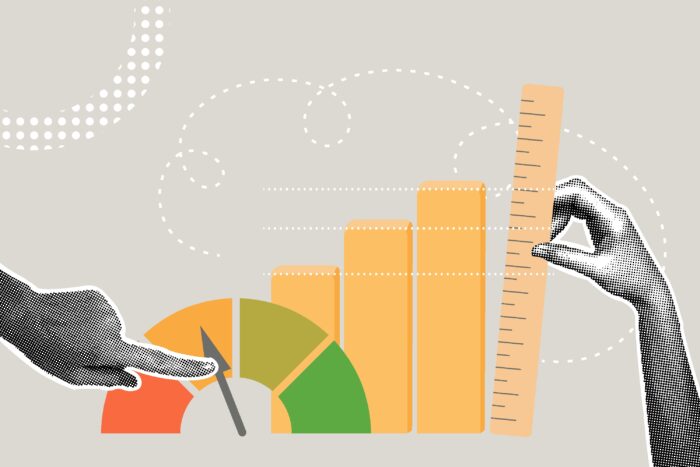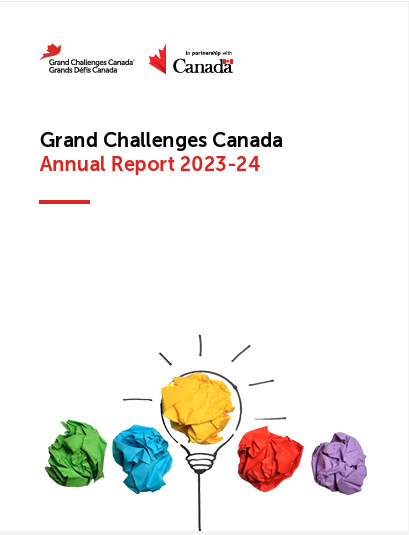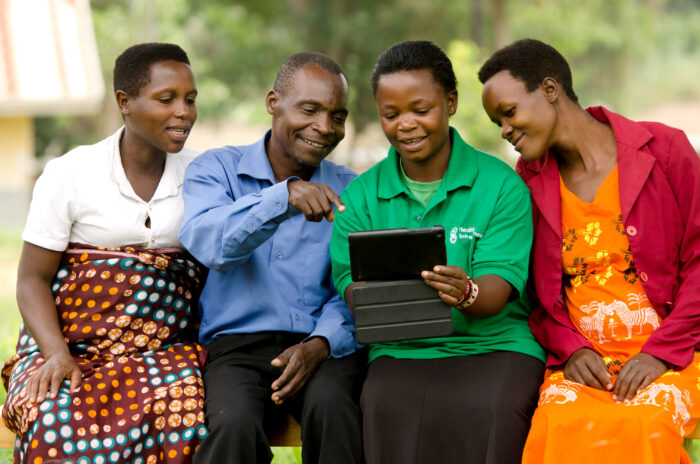On January 28, Bell will encourage Canadians to once again be part of the important national conversation to fight the stigma surrounding mental health. Each year, the Bell Let’s Talk campaign raises awareness about mental health issues across Canada. Only one-third of those who need mental health-related services in Canada will receive treatment, often due to the stigma associated with mental illness or because they simply do not have access to programs in their community. The importance of this campaign can hardly be underestimated. Mental illness represents 15% of the burden of disease in Canada.
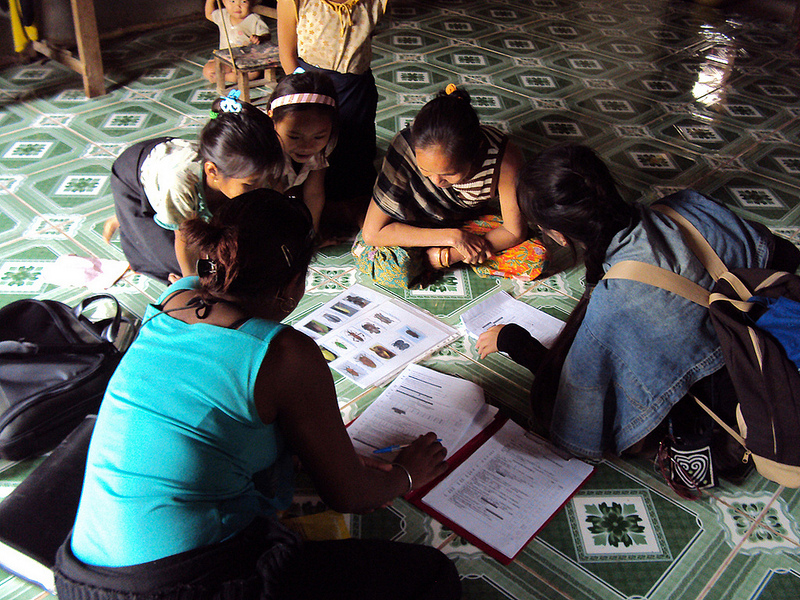
Globally, over 450 million people are affected by mental illness. It is expected that, by 2020, it will be the leading cause of disability on the planet. Almost three quarters of this burden is affecting people in low- and middle-income countries – that’s over 350 million people. And up to 85 per cent of people with severe mental health disorders in developing countries do not receive any treatment or care. Instead, people who suffer from mental health disorders are stigmatized and ignored. They face violence and isolation. The appropriate care and treatment we consider a basic human right in Canada is a distant dream for sufferers in low-resource countries.
The challenge of global mental health in the developing world offers an enormous opportunity for transformative change. To date, Grand Challenges Canada, which is funded by the Government of Canada, has committed almost $28 million for the most promising Bold Ideas with Big Impact to improve treatments, increase access to care and reduce stigma in low-resource settings. This represents 48 projects implemented in low- and middle-income countries. On our Innovators Page, you can search for all our projects in the Global Mental Health portfolio. Canadians can feel proud that Canada is one of the world’s top supporters of innovation in global mental health.
Our Global Mental Health program supports solutions that demonstrate a clear path to scale and sustainability, have measurable outcomes of increased access to care and improved treatment, and can ultimately serve as models that can be replicated or scaled in other low-resource settings. We are working closely with the World Health Organization to make sure this happens.
Earlier this month, we extended $7.7 million to 22 projects worldwide, including a grant of up to $2 million to an innovative program in India designed to improve the quality of mental health patient treatment and to end reported abuses. Our innovators will creatively explore how to augment and amplify relatively meagre existing help available to mental health and brain disorder patients. And many of the innovative solutions we support in resource-limited environments may prove to be just what is needed in Canada as well.
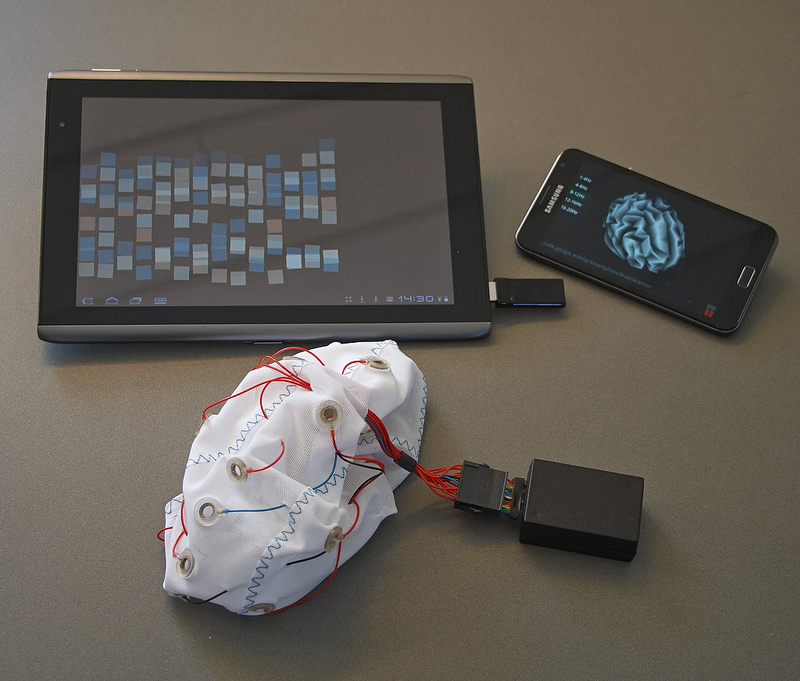
Photo: EEG Device
The $300 portable electroencephalography (EEG) device to diagnose epilepsy is a great example of the latter. The new screening tool will be tested in Bhutan, a small South Asian kingdom near the eastern end of the Himalayas. Using a smartphone or tablet to capture and display brain activity, doctors can immediately see and use the data. Ultimately, community health care workers anywhere in the world can diagnose epilepsy and treat the condition with inexpensive drugs.
Thousands of kilometers to the west, in the Union of Comoros, one of our projects will offer mental health training to community health workers and will connect patients for psychiatric consultation via mobile phone. Computer tablets will also be used for weekly reporting and mobile apps deployed to help inform the local public about mental health issues. The Union of Comoros is home to 800,000 people but has only one psychiatrist working in the entire country.

Grand Challenges Canada also supports The Mental Health Innovation Network (MHIN). MHIN’s activities are supported by a team of researchers and policy makers from the London School of Hygiene & Tropical Medicine’s Centre for Global Mental Health and the World Health Organization’s Department for Mental Health and Substance Abuse. It is funded by Grand Challenges Canada. MHIN hosts and maintains an online repository of innovations in global mental health. Providing an overview of each innovation and its impact, the repository is designed to link users directly to tools, publications and other materials developed by the innovators.
Tackling the grand challenge of global mental health not only improves the lives of individuals but also their productivity. It stimulates sustained economic growth of nations by investing in its people. Our work confirms the commitment of the Government of Canada to support new and innovative approaches to resolving persistent global health challenges. Canada’s global health innovation role has never been stronger.
Canada is showing leadership with innovations to prevent and treat mental disorders around the world. Grand Challenges Canada has joined the conversation on mental health worldwide and takes action by supporting bold ideas with big impact.
For more information about the Bell Let’s Talk campaign, click here. On Twitter, use hashtag #BellLetsTalk.
We encourage you to post your questions and comments about this blog on our Facebook page Grand Challenges Canada and on Twitter @gchallenges @karleesilver @ellenmorgangcc
